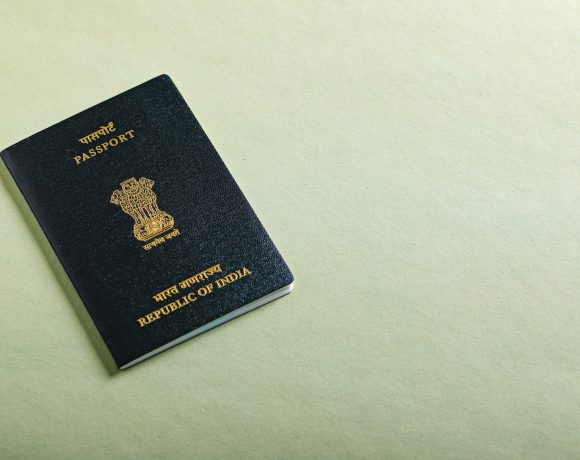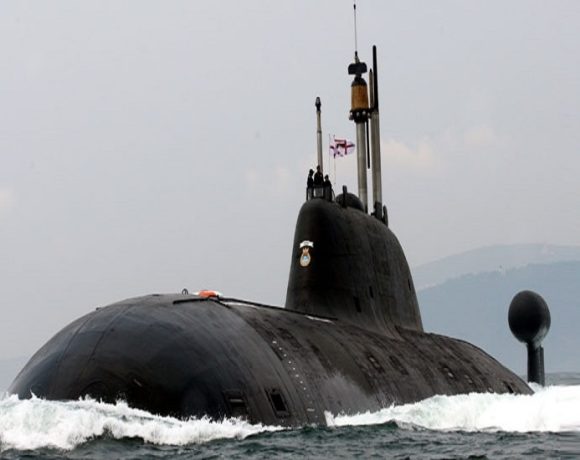
Intercepted Call Reveals Pakistan Army Commander Hiding in Mosque During Operation Sindoor
During India’s high-intensity Operation Sindoor conducted on May 7, 2025, a revealing intercepted communication has come to light. According to senior Indian Army officials, a Pakistan army commander was caught on radio instructing his troops from within the confines of a mosque—highlighting the psychological and tactical impact of the Indian strikes on military leadership in Pakistan-occupied Kashmir (PoK).
Operation Sindoor and the Pahalgam Trigger
Operation Sindoor was launched by India as a direct and strategic response to the April 22 Pahalgam terrorist attack that killed 26 civilians, including schoolchildren and local traders. In retaliation, the Indian Army conducted precision strikes on nine terror hubs located in PoK and Pakistan’s Punjab province.
The operation, which lasted just under 30 minutes, targeted infrastructure linked to Jaish-e-Mohammed and Lashkar-e-Taiba. The strikes were designed to inflict maximum damage on terror logistics while deliberately avoiding civilian zones.
Pakistan Commander Heard Saying “Save Lives First”
The most striking element of Operation Sindoor’s aftermath has emerged from a real-time intercepted call. A senior officer from the Chinar Corps revealed that the call belonged to a brigadier-level commander of Pakistan’s 75th Infantry Brigade stationed in Muzaffarabad. The commander, hiding in a mosque during the strikes, was heard saying, “Save lives first, offices can reopen later.”
The call was recorded at a time when Indian precision strikes had reportedly disabled command-and-control centers, fuel depots, and arms storage points in the area. The statement is being seen as an implicit acknowledgment of both the accuracy and the psychological pressure inflicted by India’s strikes.
Indian Army Claims Success Without Civilian Harm
Indian defence officials confirmed that over 100 terrorists were neutralized during the course of the operation. Importantly, India has reiterated that the operation avoided residential clusters and solely targeted known militant safe houses, bunkers, and training facilities.
The intercepted communication further substantiates the chaos and urgency within Pakistan’s forward command during the operation. Officials claim it reflects a rare moment of panic in Pakistan’s military ranks, suggesting a tactical success not just in terms of damage inflicted but morale disrupted.
Strategic Messaging and Geopolitical Impact
The release of such intercepted content appears to serve a dual purpose—tactically showcasing India’s real-time monitoring capabilities and strategically messaging the Pakistani establishment. By highlighting that even high-ranking officers had to take shelter in religious structures, India underscores both the effectiveness and deterrence value of the strikes.
It also reflects the broader narrative India has tried to build post-Operation Sindoor—that surgical, intelligence-driven action against terrorism can be achieved without collateral damage to civilians.


















